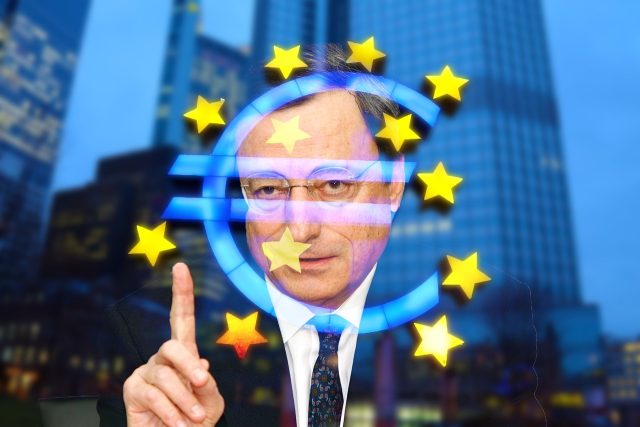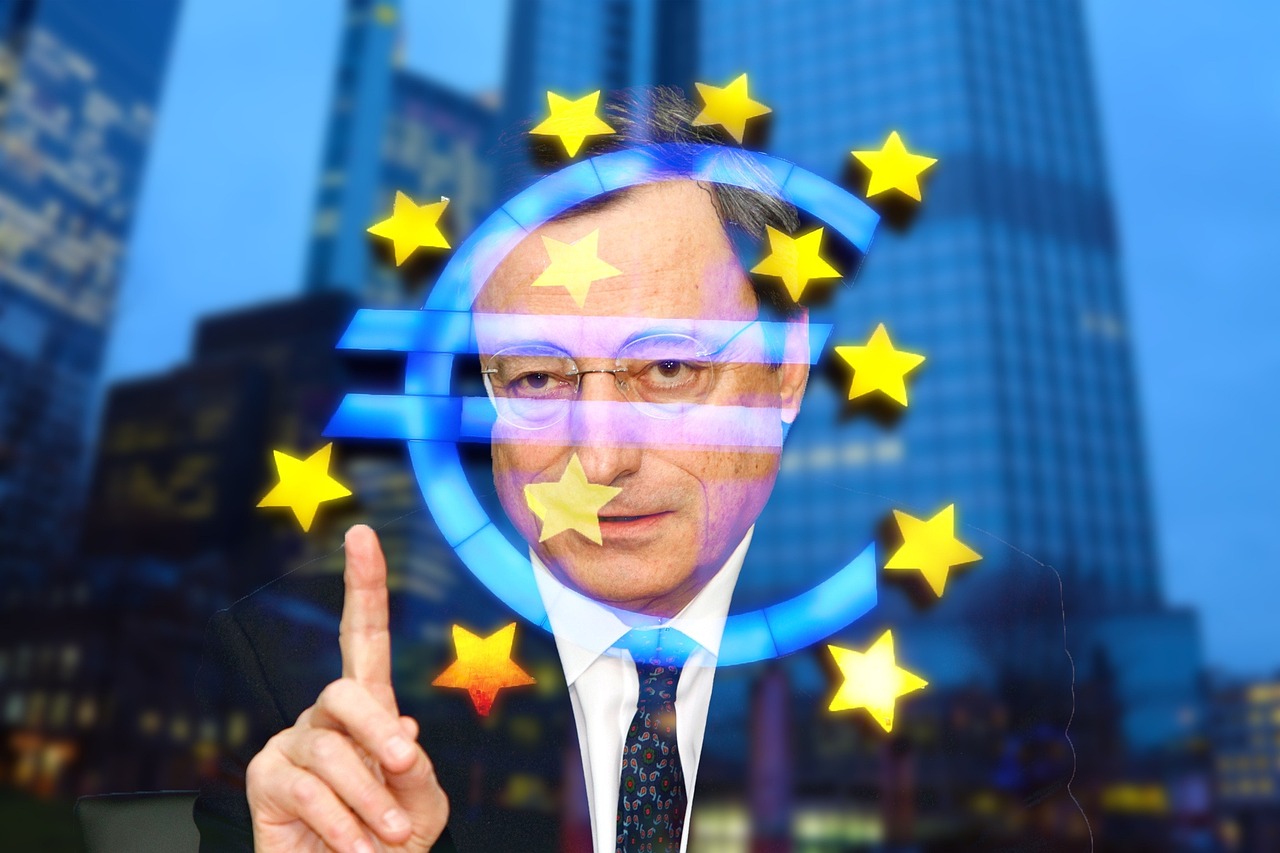
With regard to the study prepared by Kristiäns Podnieks for the ECR Party on the so-called Green Transition in the European Union, it is undeniable that countless reflections come to mind.
I would like to focus on one of the first points of his report where he analyses the first or initial impacts of climate policies. Certainly, I believe that no one doubts any longer that the brutal inflation that Europe – and the whole world – has suffered is neither primarily nor exclusively due to Russia’s invasion of Ukraine, since this invasion is already taking place in a scenario of massive price rises and inflation due to an abundance of money on the market.
On the one hand, the way in which the Union sought to tackle the economic crisis derived from the confinements, paralysis of activity and rupture of production and supply chains that triggered the spread of the Wuhan coronavirus by injecting billions of euros into the system through a model of distribution of European funds through the achievement of political milestones (not linked to results or projects); on the other hand, the increase in prices derived from the so-called energy transition, based on the replacement of fossil and nuclear energy by wind and solar energy.
Indeed, when the war breaks out, the system is already extraordinarily stressed by the increase in money in circulation and the reduction of energy supply in Europe. Perhaps that is why it broke out.
However, the first of the data that struck me most in this report is undoubtedly that of the massive and growing withdrawal of money by large investors from ESG (governance, social and environmental) private equity funds during 2024.
The author of the report refers to the constant corruption scandals linked to the forced imposition by governments of this new global governance as well as to the low – and in any case lower than expected – return on investment ratios and above all to a growing scepticism and even political criticism of these energy transition plans.
Proof of this is the result of the European elections on 9 June, corroborated by the current series of internal elections in the Member States (three German Länder, local elections in the Czech Republic and tomorrow’s Austrian elections) where the parties most critical of green policy are winning big victories, rapidly changing the European chessboard.
My thoughts now turn to small investors. Those millions of Europeans who have put their small savings, induced by political propaganda and legal changes, as well as mainstream journalism, their savings in ESG companies and private equity funds; and yet they have neither the capacity, nor the knowledge nor of course the foresight to make decisions in global markets and who, as a consequence of the massive withdrawal by large investors, have suffered losses.
It will be said, and it is true, that these individual decisions are free and therefore must be responsible; but it is no less true that when certain companies, sectors and investors are publicly penalised, and on the contrary, others are publicly encouraged, the public authorities and large investors are inducing behaviour in the market of small and medium-sized investors, thereby obtaining profits, but the correlative information on the withdrawal of investments never reaches the market in time.
This should make us reflect once again on an element that seems to have been forgotten for decades, namely the morality of the behaviour of the political class and the economic oligarchy, which does not meet the most elementary requirements.
This energy transition has been made at the cost of higher taxes, increased public debt (ensuring future tax increases), inflation that becomes a tax on the consumer, restructuring and redundancies, and now it is only a few – once again the middle and working classes with their savings – who will suffer, or may suffer losses in financial markets where the small and medium-sized consumer appears as a vulnerable and passive operator.
Let us hope that this new wave of patriotic and conservative politicians in Europe and America will be able to adjust their political decisions to a greater moral rigour so that the consequences of their decisions are not only suffered by the middle classes.



 Subscribe
Subscribe